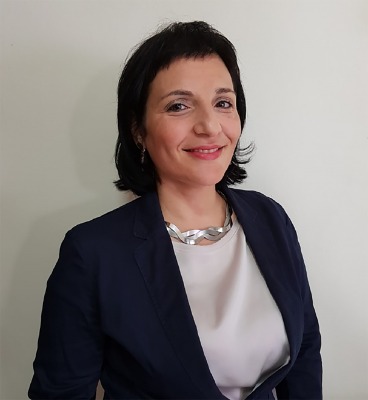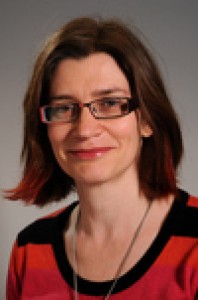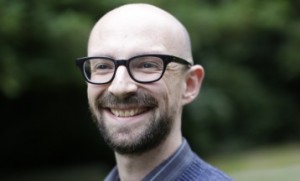 Senior Lecturer in Chemical Engineering and Renewable Energy
Specialises in developing unique technology-specific, probabilistic emissions/cost modelling of energy supply chains, particularly relating to methane emissions from natural gas, as well as hydrogen and ammonia supply chains.
 p.balcombe@qmul.ac.uk p.balcombe@qmul.ac.uk |
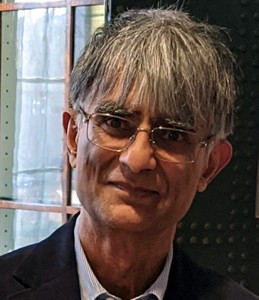 Professor of Metallurgy
I work on the theory of solid-state phase transformations with emphasis on the prediction and verification of structural development in complex metallic alloys, particularly multicomponent steels. Theory for the interaction of hydrogen with iron and its compounds.
Subjects covered: physical and chemical metallurgy, steels, phase transformations, mathematical modelling, design of alloys, materials algorithms. Development of freely available teaching resources in metallurgy.
 h.bhadeshia@qmul.ac.uk h.bhadeshia@qmul.ac.uk |
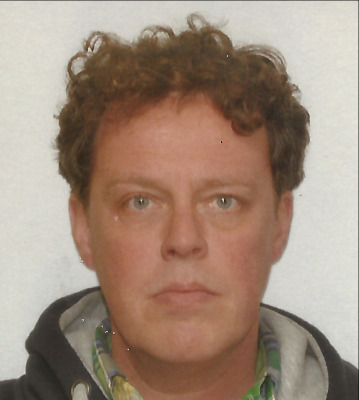 Reader in Chemical Engineering and Renewable Energy
Research in the group of Dr Edo Boek focuses on sustainable energy and earth resources engineering. Our group investigates novel technologies to help solve pressing environmental problems including 1) sustainable drinking water treatment, in particular PFAS ("forever chemicals") remediation, by developing novel nano-materials, and using foam fractionation, advanced filtration, fluidised bed reactors, QCM, AFM, Molecular Dynamics simulations, and image analysis; 2) separation and harvesting of nutritionals, biofuels and pharmaceuticals from cultivated micro-algal suspensions; 3) Geothermal Energy Engineering, incl. development of sustainable and HTHP stable colloidal drilling fluids; 4) smart design of carbon materials for electrochemical devices, including Redox Flow Batteries, using pore-scale imaging and reactive multi-phase flow modelling.
 +44 (0)7590 250570 +44 (0)7590 250570  e.boek@qmul.ac.uk e.boek@qmul.ac.uk |
|
|
|
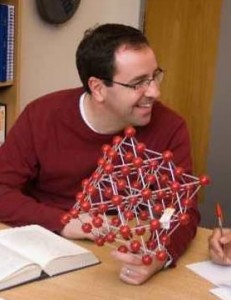 Professor of Materials
Examining the physical behaviour by experiment and modelling techniques of soft matter such as elastomers and rubber materials. Properties of interest include abrasion, friction, fracture, creep, fatigue, viscoelastic behaviour, modulus enhancement, self healing, recycling, ageing and composite filler reinforcement. Developing smart soft materials that can sense their environment and soft actuating materials that can change shape in response to a physical stimulus.
 j.busfield@qmul.ac.uk j.busfield@qmul.ac.uk |
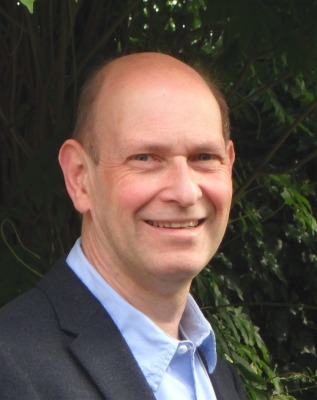 Prof Andy Bushby
BSc(Eng), PhD, FIMMM, FRMS, MInstPhysProfessor of Materials Science
Understanding how materials are stronger when at small size scales: This behaviour is being commercialised in the spin-out company 'Ultima Forma' in advanced engineering applications such as the protection of composites from harsh environments such as heat and erosion damage, and containment of hydrogen for clean energy and zero carbon transport. Materials characterisation: such as micromechanical testing and 3D electron microscopy.
 a.j.bushby@qmul.ac.uk a.j.bushby@qmul.ac.uk |
|
|
|
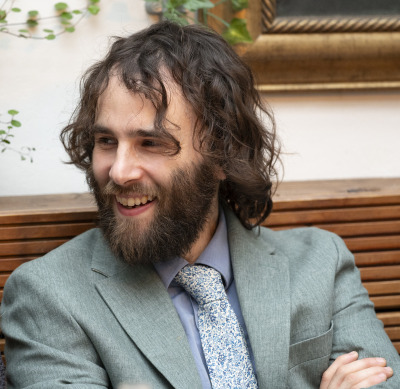 Lecturer in Green Energy and Sustainable Engineering
My main area of research is on organic-semiconductor based solar energy conversion devices, which can be dissolved in solution to form a solar ink that can be easily painted on substrates like plastic; for example to make low-cost and lightweight solar panels. My work involves trying to gain an increased understanding of the underlying physics of how they work in order to find ways to improve the performance of such materials and devices. My other interests also include other renewable technologies, such as producing green hydrogen by solar-powered water splitting.
 f.eisner@qmul.ac.uk f.eisner@qmul.ac.uk |
|
|
|
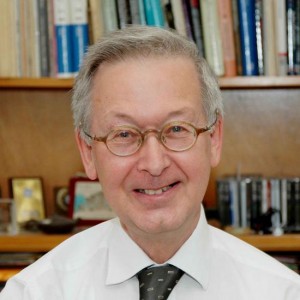 Prof Sir Colin Humphreys
CBE, FREng, FRS, BSc, MA, PhD, Hon DSc, FIMMM, FInstP, FCGI, Hon FRMSProfessor of Materials Science
Graphene and graphene electronic devices, from basic science through to manufacturable graphene devices. Advanced electron microscopy. Gallium nitride materials and devices, for example LEDs.
 +44 (0)20 7882 3450 +44 (0)20 7882 3450  c.humphreys@qmul.ac.uk c.humphreys@qmul.ac.uk |
|
|
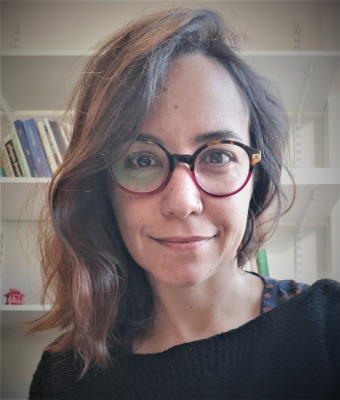 Professor of Sustainable Energy Materials
Prof Sobrido's research focuses in the development of new sustainable materials for energy storage and conversion applications. Her group develops new materials, mostly in the freestanding form, for devices including redox flow batteries, supercapacitors, fuel cells and water electrolysers. Some of the synthesis and processing techniques include electrospinning and 3D printing. Her group is also interested in developing materials for CO2 conversion and photoelectrochemical water splitting.
 a.sobrido@qmul.ac.uk a.sobrido@qmul.ac.uk |
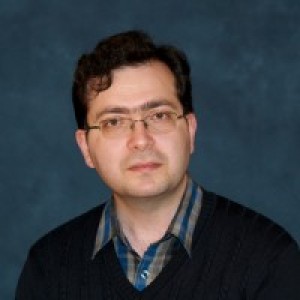 Reader in Mechanical Engineering
My research focuses on Thermofluids, with a particular emphasis on Sustainable Energy and Fuels. This encompasses a broad range of investigations into climate-neutral fuels and thermal management in energy technologies. Specifically, our ongoing work includes the production and utilisation of hydrogen, biosyngas, ammonia, and other e-fuels. Additionally, we are involved in projects aimed at enhancing heat and mass transfer in chemical reactors, process equipment and electrolysers to improve their performance. My research also includes the modelling and optimisation of hybridised energy systems. Members of my research group engage in computational and data-driven modelling, as well as experimental studies, at both fundamental and applied levels.
 n.karimi@qmul.ac.uk n.karimi@qmul.ac.uk |
|
|
|
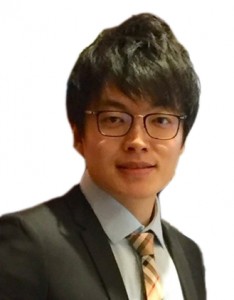 Lecturer in Green Energy
My research group focuses on (1) revealing the interplay between 3D microstructure and the performance/failure mechanisms of the electrochemical energy devices (e.g., lithium-ion batteries, fuel cells etc) across multiple spatial and temporal domains using correlative (in operando) characterisation techniques; (2) multiscale multiphysics modelling (continuum and 3D microstructure-resolved) of the mass transport and electrochemical performance at the electrode, device and system level; (3) developing scalable and sustainable engineering solutions to fabricate advanced electrodes with tunable microstructure to unlock the full potential of the energy, power density and cycle life of next-generation lithium-ion batteries.
 xuekun.lu@qmul.ac.uk xuekun.lu@qmul.ac.uk |
|
|
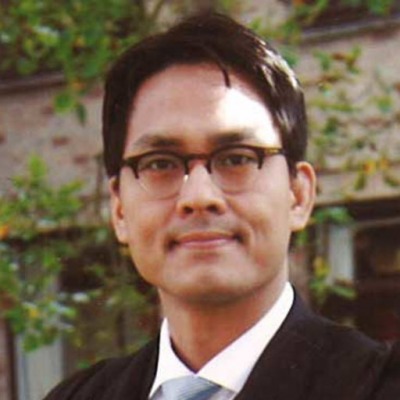 Senior Lecturer in Engineering Management
National Strategy on Sustainable Development, Economic and Industry Strategy, Data Sharing Systems, Systems Innovation, Industry Transition, Regional Development, Technological Innovation, Digitalisation, Ecological Governance
 jae-hwan.park@qmul.ac.uk jae-hwan.park@qmul.ac.uk |
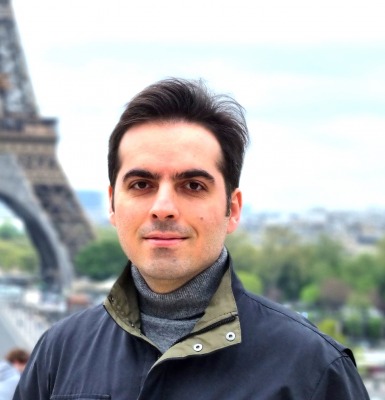 Lecturer in Sustainable Propulsion Systems
Combustion engineering, Zero/low carbon fuels, low-order modelling, Machine learning, thermal management
 a.paykani@qmul.ac.uk a.paykani@qmul.ac.uk |
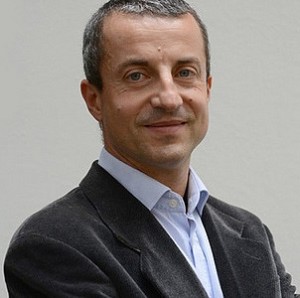 Professor of Materials Science
Bio-inspired, Bionic, Nano, Meta Materials and Mechanics (including Fracture Mechanics, Solid Mechanics, Structural Mechanics, Tribology, Wettability, Adhesion, Scaling laws, etc.)
 +44 (0)20 7882 6310 +44 (0)20 7882 6310  n.pugno@qmul.ac.uk n.pugno@qmul.ac.uk |
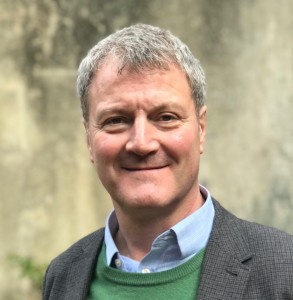 Professor of Functional Ceramics
Processing and electromechanical properties of functional materials, including ferroelectrics, thermoelectrics and high entropy ceramics
 m.j.reece@qmul.ac.uk m.j.reece@qmul.ac.uk |
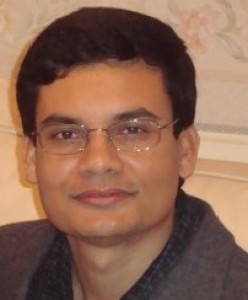 Dr Hasan Shaheed
PhD (Sheffield), PGCAP (London), SFHEA, MIEEE, CEng, MIET, NTFReader in Robotics and Renewable Energy
Design, model developments, control and optimisation of autonomous, robotics and renewable energy systems using traditional, artificial intelligence (AI) and machine learning (ML) approaches. Application areas include i) Aerial/ Solar Aerial robots for inspection/ monitoring, ii) Medical Robotics: Capsule robots for GI tract inspection, Surgical robotic retractor, iii) Assistive Technologies: prosthetics, elderly care robots, iv) Remote inspection/handling robots, v) Renewable Energy Systems: PV, Wind turbine, Pressure retarded osmosis, vi) Renewable energy-driven water treatment, vii) Expert systems.
AI/ML approaches include deep learning, reinforcement learning neural networks, fuzzy logic, and biologically inspired optimisation techniques: GAs, Whale Optimisation, Grey Wolf Optimisation, etc.
 +44 (0)20 7882 7520 +44 (0)20 7882 7520  m.h.shaheed@qmul.ac.uk m.h.shaheed@qmul.ac.uk |
|
|
|
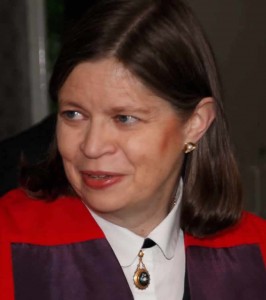 Prof Elizabeth Tanner
OBE, FREng, FRSE, PhD (Hon Caus), MA, DPhil, FIMMM, FIMechE, FIPEM, CEng, CSciBonfield Professor of Biomedical Materials
My research interests are in the development, testing and use of biomaterials for bone and joint replacement. In particular composites of bioactive ceramics and polymers which can encourage bone ongrowth yet have sufficient mechanical properties to be used for load bearing applications. These are based on either non-degradable or degradable artificial or natural polymers depending on application. In parallel I have interests in the mechanical properties of bone and the effects of pathology on these properties.
 +44 (0)20 7882 6785 +44 (0)20 7882 6785  k.e.tanner@qmul.ac.uk k.e.tanner@qmul.ac.uk |
|
|
|
|
|



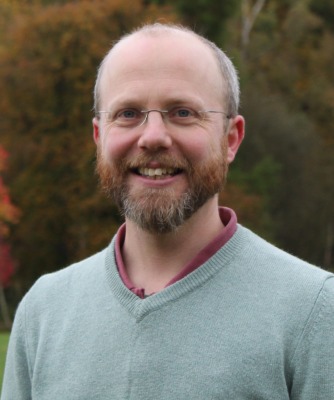
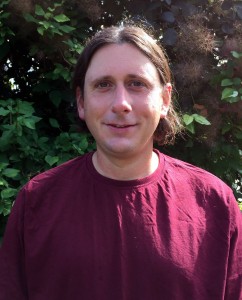


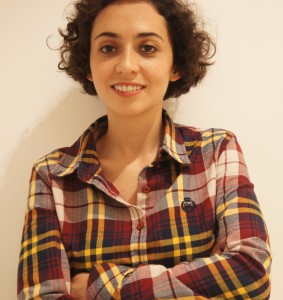
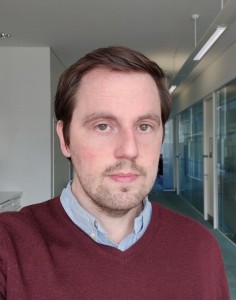
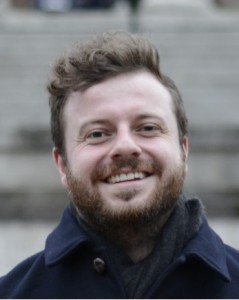

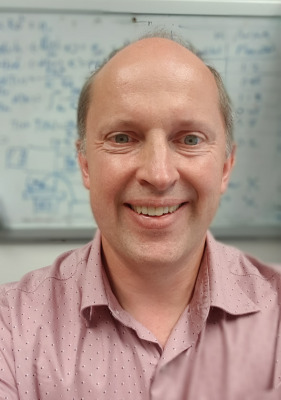
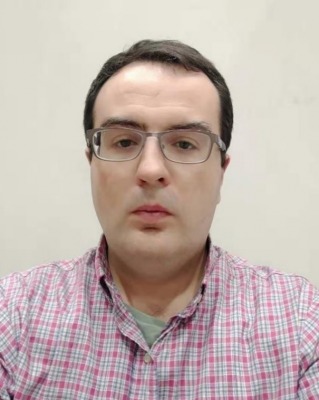
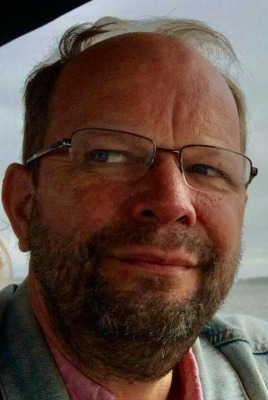

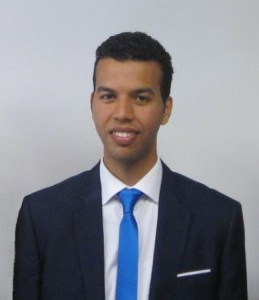
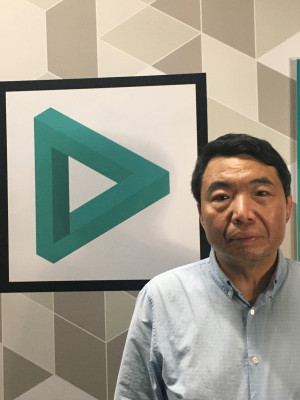


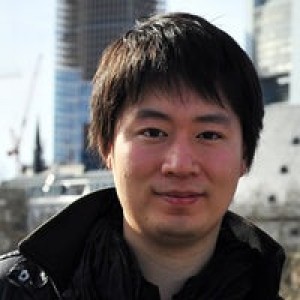
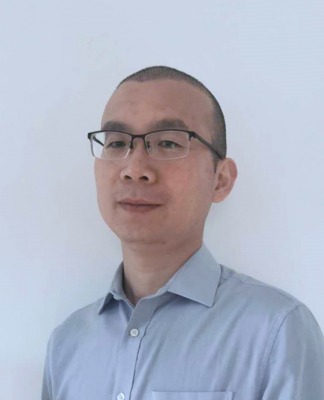
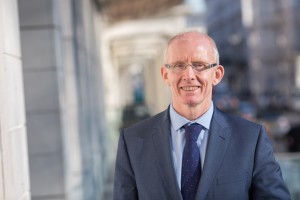

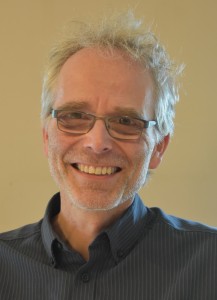
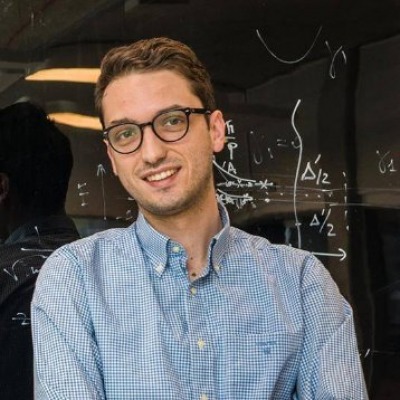





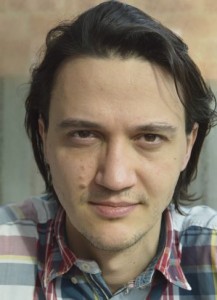
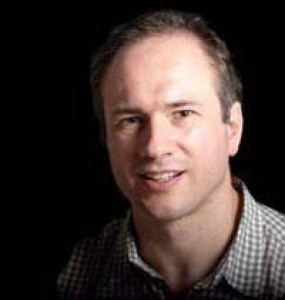

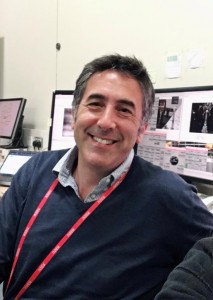
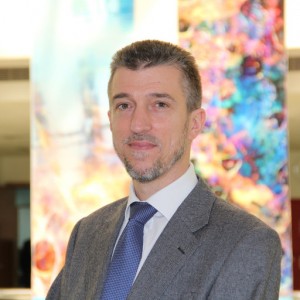
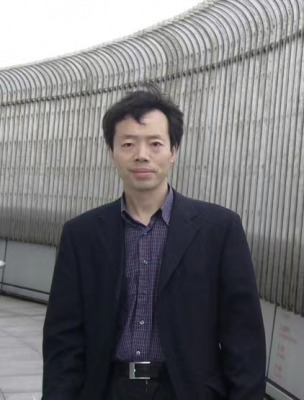
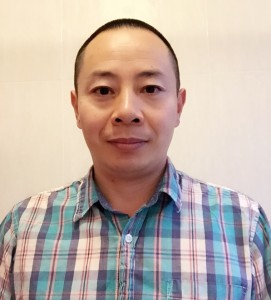
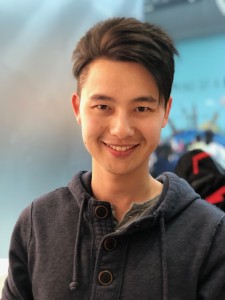



 +44 (0)7590 250570
+44 (0)7590 250570 